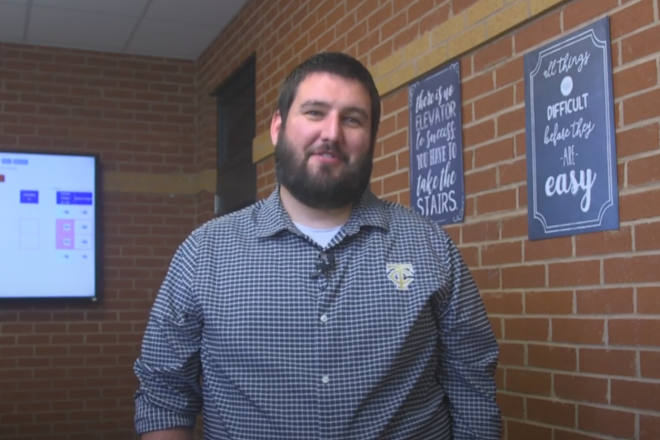Taking notice: What local governments must publish
Published 2:00 am Sunday, October 1, 2017
VALDOSTA — Legal notices — the backbone of classified ads section in newspapers for generations — carry special importance for local governments.
While legal notices can run the gamut from adoption notices to divorce proceedings, the notices placed in official legal organs by local governments generally fall into two categories, regular meeting notices and special meeting notices, said Jennifer Colangelo, an attorney with the Georgia Attorney General’s office.
“For regular meetings, government bodies have to advertise the time, date and place of a meeting,” she said. “They only have to do it once.”
Local governments have to follow the same pattern for each special meeting. Both types of meeting notices have to be published 24 hours in advance, Colangelo said.
According to the Association of County Commissioners of Georgia, these are some of the other items that must be published by local governments:
• Notice of intent to introduce local legislation.
• Public hearing on a proposed contract.
• Preparation, submission, public review of budget.
• Polling place changes.
• Runoff primary notification.
• Notice for recall election.
• Selling county property.
• Lease, purchase or lease-purchase contracts.
• Notice of budget proposal.
So what constitutes a legal organ?
Georgia code provides that a county’s legal organ must be a newspaper published in the county, and sets forth a number of criteria the publication must meet, such as its level of paid circulation and how much advertising space it carries (no more than 75 percent in half of its issues in the previous 12 months).
In the event that no publication fits the bill — for instance, a small county having no local newspaper — there are other options.
The law makes an exception for “neighboring contiguous counties,” said Jim Zachary, editor of The Valdosta Daily Times.
Georgia code says in such situations, county officials can use whichever newspaper has the greatest paid circulation in the county as the legal organ.
If a county has no legal organ, “all they really can do” is post meeting times on the door of the meeting’s location, Colangelo said.
The penalties for not posting required public notices are civil, including fines, but “criminal penalties are a theoretical possibility,” she said. Most violations are innocent mistakes that probably wouldn’t incur a fine, Colangelo said.
Lawsuits involving public notices usually surface in Georgia’s courts every month or so, she said.
Lowndes County government public notices can be found in the lobby and outside of the Lowndes County Administration Building. Meetings and notices are also posted in The Valdosta Daily Times and on the county’s website.
For more information, call Paige Dukes, county clerk, (229) 671-2400 or email her at pdukes@lowndescounty.com.
City of Valdosta public notices can also be found in The Valdosta Daily Times and on its website. Contact Valdosta Public Information Officer Sementha Mathews, (229) 259-3548 for more details.
Terry Richards and Tom Lynn are reporters at The Valdosta Daily Times.





